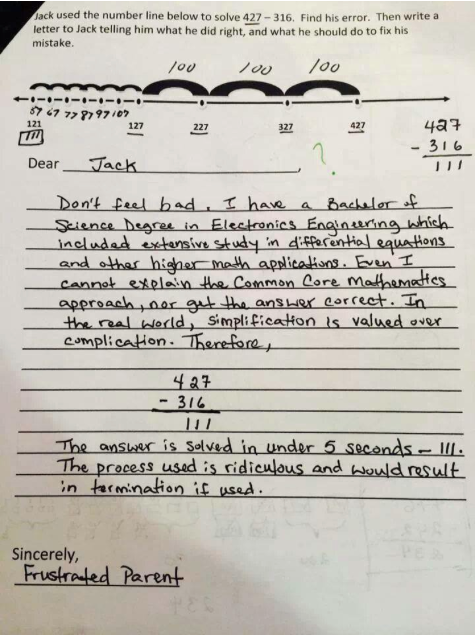Grade A Certified
I hate grading. There, I said it. I do not believe there is a difference between a 96% and a 94%. At least not a measurable one that makes me feel good about putting a number on a unique and wonderful and creative human being. What is the difference between a 59% and a 60%? A student can fail a course based on a measurement the width of one hair on an elephant’s butt. Shouldn’t grades reflect mastery? I am of the school that you do or do not. You succeed or fail. For that reason, it is high time we think differently about grading practices.
Education loves buzzwords. Every class is STANDARDS DRIVEN, our curriculum has RIGOR, we use FORMATIVE ASSESSMENT, and we MINE DATA to INFORM INSTRUCTION all in the hope that we achieve DEEP LITERACY while FOSTERING GRIT in our students. We attend workshops and seek Professional Development and COLLABORATE in our PLCs in BLENDED LEARNING environments. We speak the academic vocabulary. But……are we really achieving these goals when we use a 1950’s grading model to evaluate 21st century kids?
Like you, I am always surprised how quickly the end of the year comes following our spring break. As I write this, we are down to just over 20 instructional days until the end of the year. We are still administering State assessments, graduating seniors are about to depart for Senior Search, the calendar is filled with special assemblies, and students are panicking and cramming to pull grades up to eligibility. Deadlines are looming. Students are begging for extra credit. Teachers are wondering if maybe the movie really is as good as the book.
What do you do when your students have just…well…quit? How do you keep teaching with the same passion and rigor you had in September all the way to the final bell? What do you do when you are tired of grading, grading, and grading? When the essays seem to be getting worse, rather than better?
This year I tried something different. I wanted the burden of achievement to be on the student. Instead of having the students gather enough points to pass the class at whatever letter of the alphabet they deemed was acceptable, I eliminated grades altogether. My students this semester were tasked with creating a Capstone project, instead. At the beginning of the semester, they were given the criteria: a portfolio of their own design, reading requirements, research requirements, and writing requirements. The grading criteria was 4, 3, 2, 1, 0 which translates to A, B, C, D, F (I had to have equivalent letter grades to put in the computer).
While I continued to teach, they collected artifacts from the work they were proud of to include in the portfolio. We continued with our regular every day activities: grammar, literature, vocabulary, and so on. None of the class work has a point value. Every assignment is required (students at my school don’t have the option of not doing – they are referred to afterschool tutoring if they refuse to complete an assignment). Students get to choose what they like and feel good about to include in their portfolios. Hemingway not your thing? No worries, choose something from the Fireside Poets unit instead. Slam poetry instead of a personal memoir? Awesome. Bring it. Love it. When students were ready to submit a piece for the portfolio, I took time to edit and evaluate and workshop the artifact with the student, providing specific, detailed feedback. The student has a choice to either improve the piece or submit it as is. Almost every student rewrites or reworks for more credit.
The most surprising thing of all is the pride and the ownership my students have in their work. Teenagers aren’t lazy. They don’t hate this class or this subject. They want to learn in a way that is meaningful and has value to them. Overall, individual skills have improved: writing, grammar, research, reading comprehension, analysis, and critique. My students are better readers, writers, and thinkers than they were when we started. I have no F’s this semester. Or D’s. Very few C’s. My students WANT to be successful, even though the subject may not come easily to them. I bet yours do, too.







Recent Comments